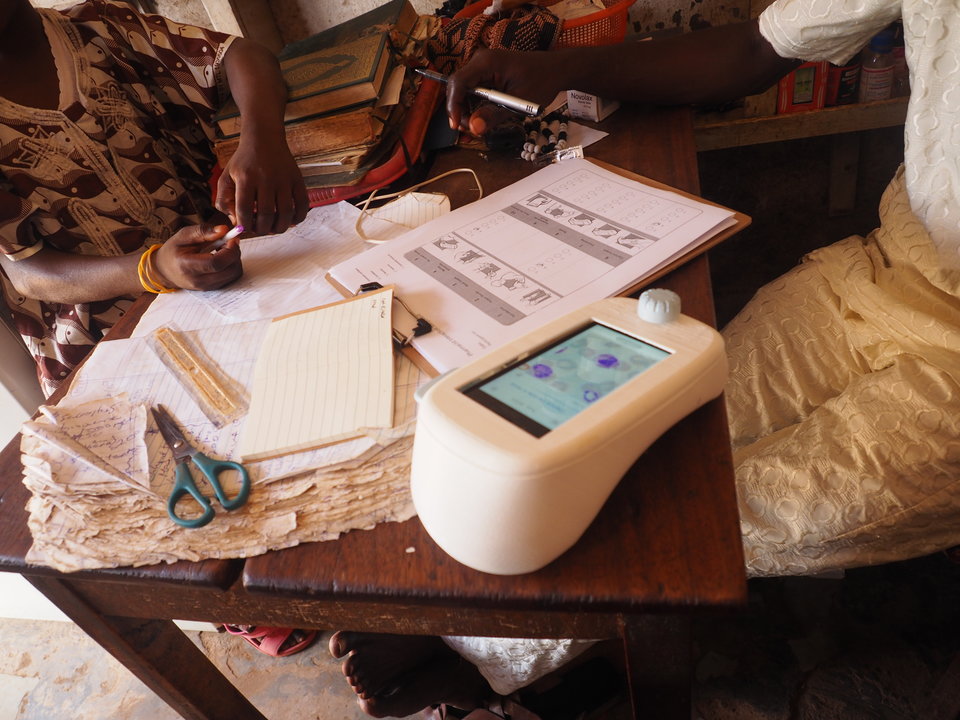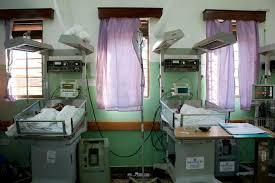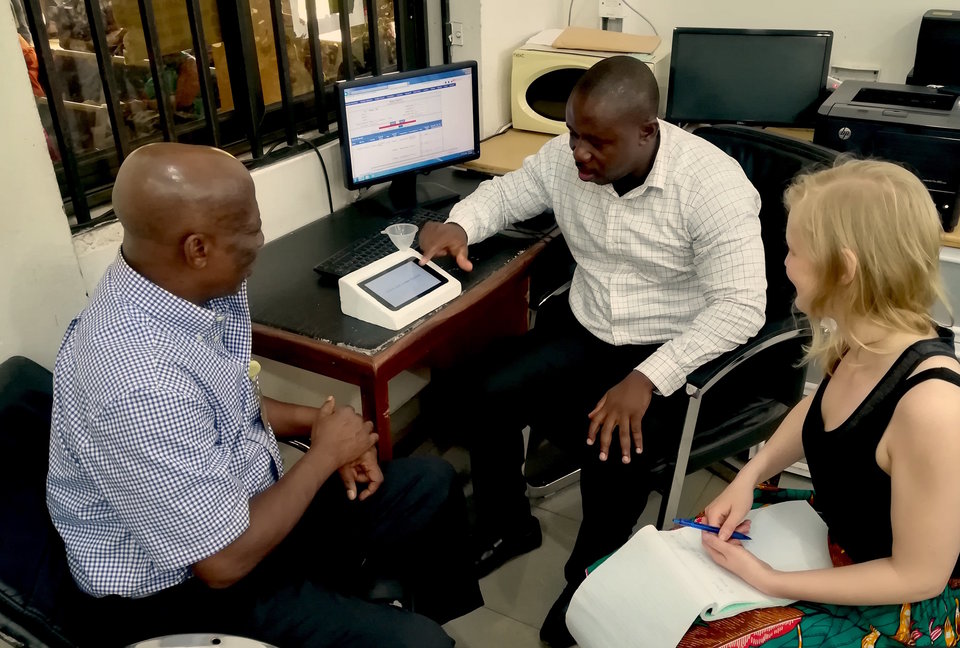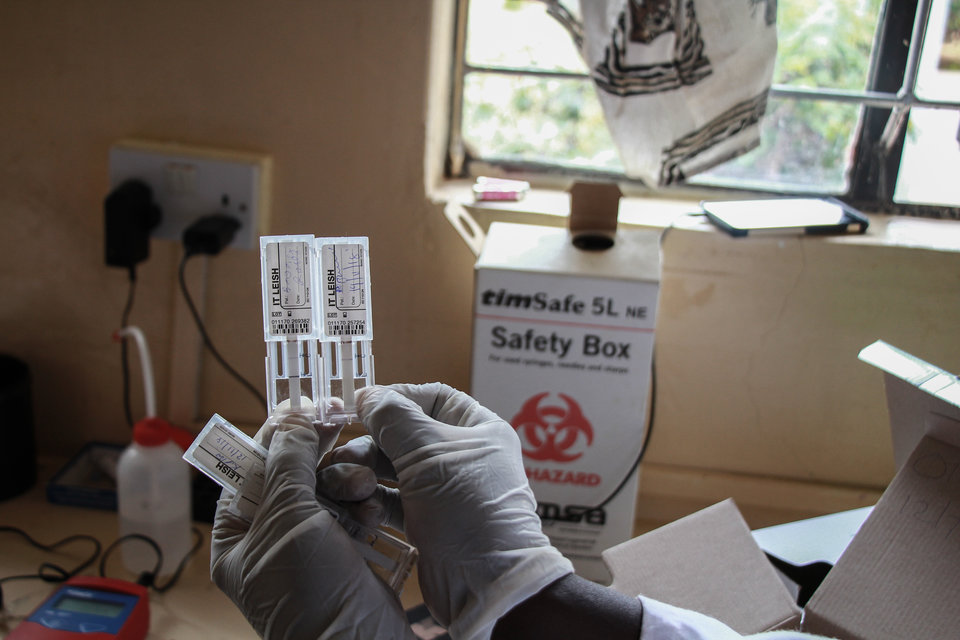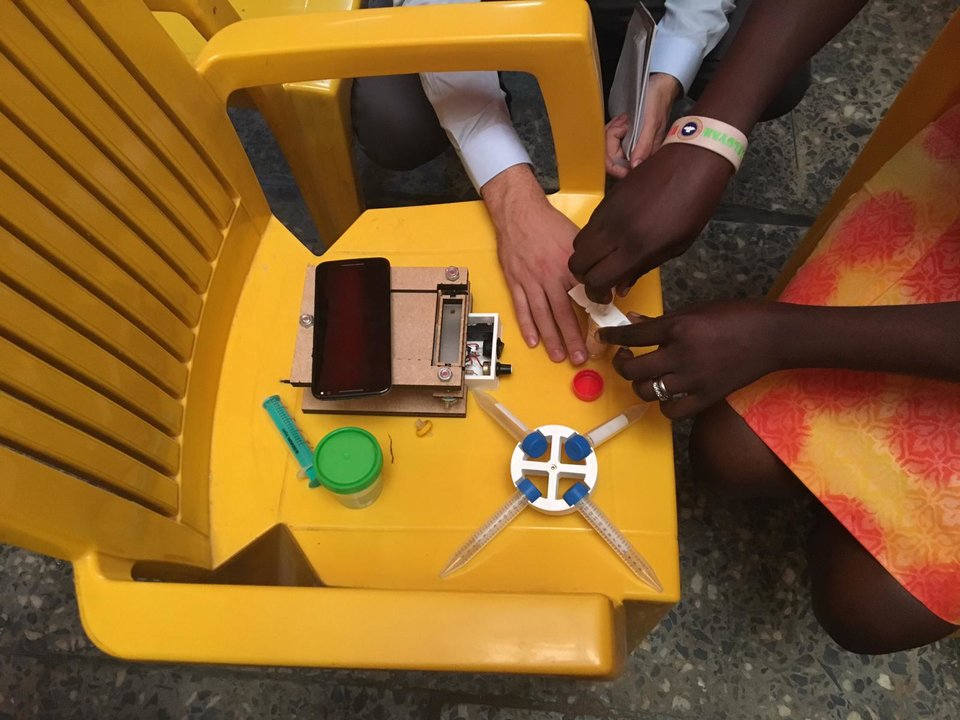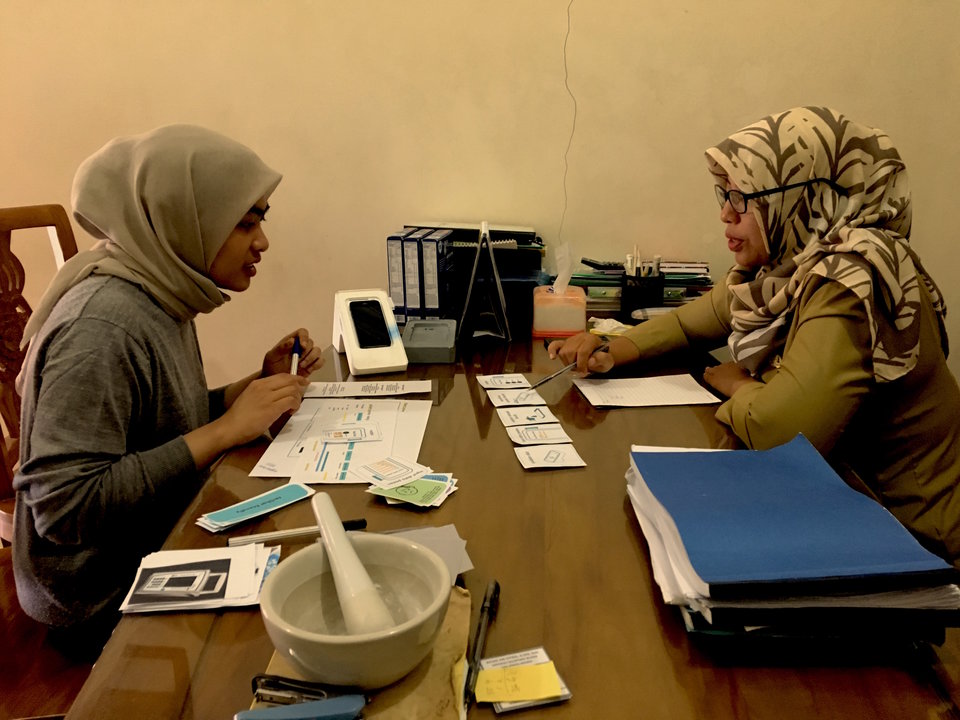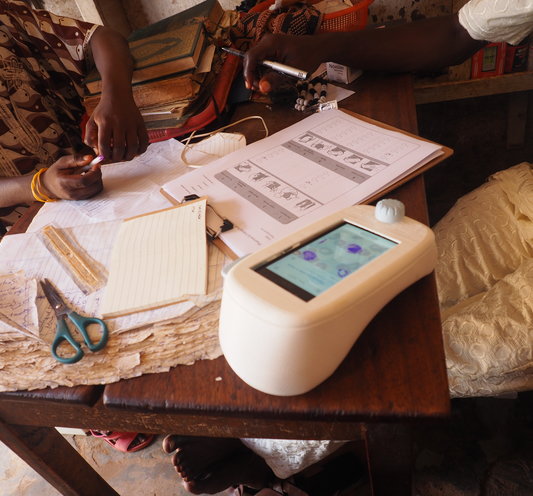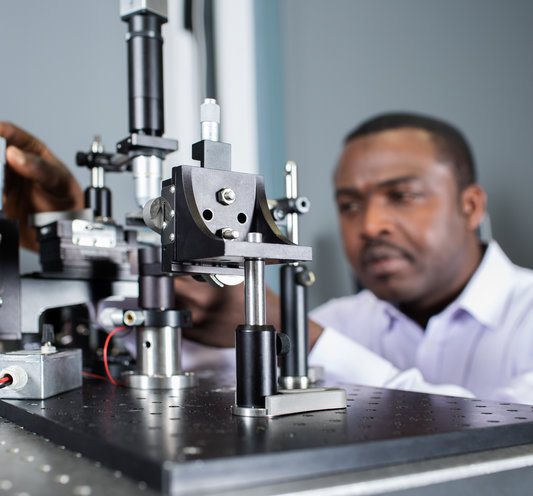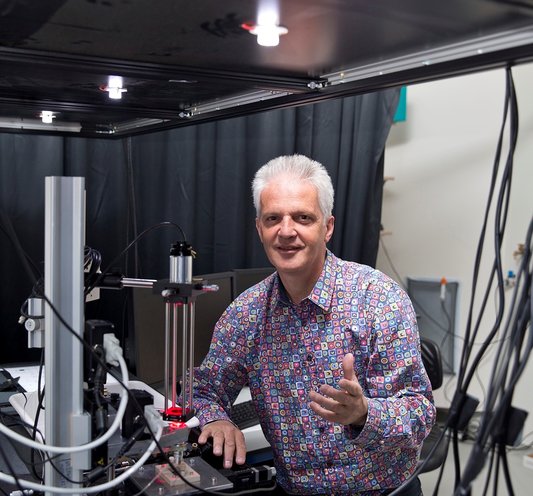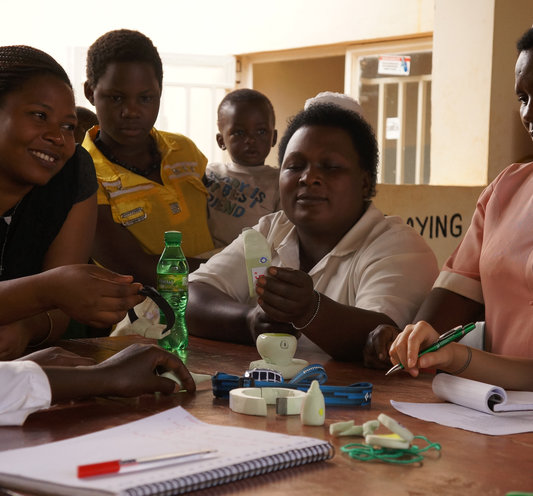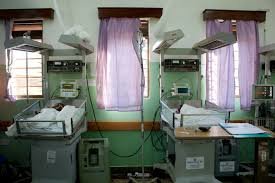The Diagnostics for All research program aims to develop easy-to-operate devices for low resource settings which are integrated (include sample preparation and diagnosis), inclusive (co- creation with relevant stakeholders), and thoroughly tested in laboratory as well as field settings in endemic countries.
Early treatment of diseases is the key in reducing long-term morbidity. Currently, however, access to accurate diagnoses is lacking in low resource settings. Progress in a wide range of technologies do promise highly sensitive, low-cost detection technologies for use in low-resource settings. These new technologies can drastically reduce human intervention while increasing the sensitivity of diagnostic tests. The digital outcome is directly usable by national mapping programs and for research. However, lack of end-user involvement in research and development, limited understanding of clinician, patient, and healthcare system behaviour and insufficient test evaluation in target settings complicates the development, adoption, and scale-up of advanced diagnostics in low-resource settings. To address these issues, the Diagnostics for All research program aims to develop easy-to-operate devices for low resource settings which are integrated (include sample preparation and diagnosis), inclusive (co- creation with relevant stakeholders), and thoroughly tested in laboratory as well as field settings in endemic countries.



